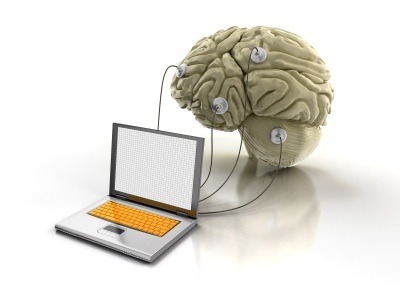Posts Tagged ‘Elizabeth-Zelinski’
The Benefits of a One-Time Cognitive Training Program Do Last but Wane Over Time
Do you remember the IMPACT study published in 2009? It was a randomized clinical trial with healthy older adults that compared a computer-based cognitive program that trains auditory processing (Brain Fitness Program, Posit Science) with educational video programs (control group). People who used the program improved in the trained tasks, which was not that surprising,…
Read MoreScientific critique of BBC/ Nature Brain Training Experiment
There has been quite a bit of comment about the Owen et al study in Nature available online on April 20, 2010. A quick synopsis of the study is that the BBC show Bang Goes the Theory worked with the study authors to provide a test of the hypothesis that commercially available brain training programs…
Read MoreInvitation to SharpBrains Summit — Technology for Cognitive Health and Performance
We are excited to invite you to the first virtual, global SharpBrains Summit (January 18–20th, 2010). The SharpBrains Summit will feature a dream team of over 25 speakers who are leaders in industry and research from 7 countries, to discuss emerging research, tools and best practices for cognitive health and performance. This inaugural event will…
Read MoreSave the Date: SharpBrains Summit, Technology for Cognitive Health and Performance
SharpBrains Summit: a virtual conference to take place January 18–20th, 2010. Over 25 leading speakers and a professional audience will discuss emerging innovation and technology for lifelong cognitive health and performance. The Summit will highlight the convergence of neurocognitive research, non-invasive technology and healthcare, discuss emerging best practices, and help predict how a growing range of tools may provide solutions to cognitive health and performance-related issues.
Read MoreBrain Fitness Newsletter: December Edition
I hope you are having a joyful holiday season, and wish you a Happy and Prosperous 2008. The Brain Fitness field has made a great deal of progress in 2007, and we are looking forward the New Year. Here you are have the Monthly Digest of our Most Popular Blog Posts. You can consider it your…
Read MoreBrain Training: No Magic Bullet, Yet Useful Tool. Interview with Elizabeth Zelinski
Sharon Begley, Newsweek’s science reporter, recently wrote that — “With the nation’s 78 million baby boomers approaching the age of those dreaded ‘“where did I leave my keys?” moments, it’s no wonder the market for computer-based brain training has shot up from essentially zero in 2005 to $80 million this year, according to the consulting…
Read More
